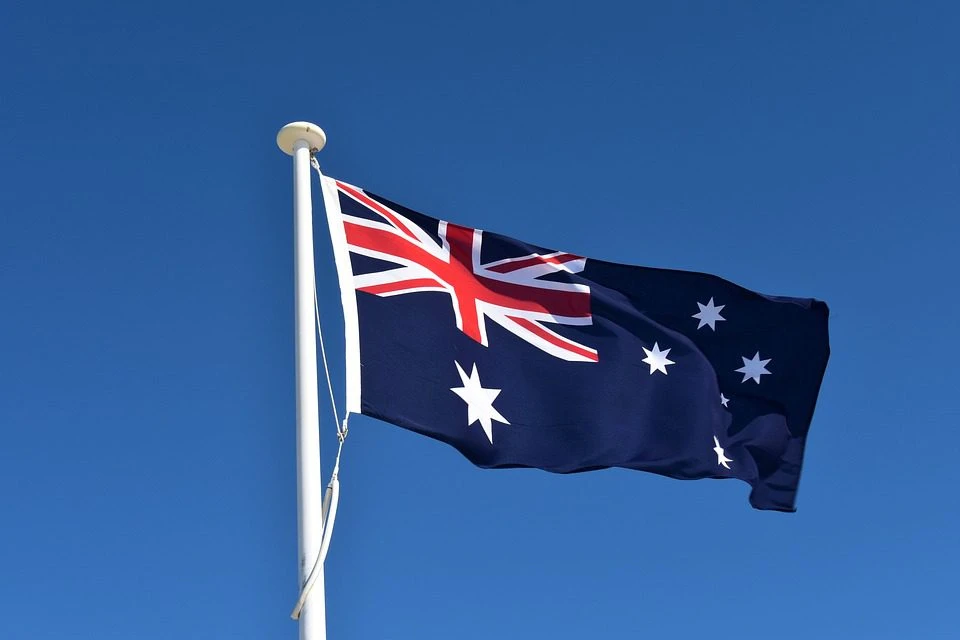Australian government prepares self-exclusion bill

Australia’s government will introduce legislation to create a national self-exclusion register for citizens, the latest stage in the ongoing implementation of the country's National Consumer Protection Framework.
The decision follows the release of the results of the baseline study, also conducted as part of the framework's implementation, which found that as many as 52% of bettors were at risk of gambling harms.
“As much as possible Government policy should preserve Australians’ ability to enjoy a punt while putting in place sensible and targeted measures to prevent and support gamblers facing significant risks of harm,” Minister for Families and Social Services Anne Ruston said.
“It is a measure that we believe will motivate gamblers to have periods where they do not gamble online at all as a way of changing their behaviour and minimising the risk they face of gambling-related harm.”
With the register, players will be able to exclude themselves from online gambling for a period from three months to permanently. When a player self-excludes, all funds in their account will be returned after any remaining bets are settled and their accounts will be closed.
The costs of setting up the register will be paid by funds collected from gambling operators, ”to ensure they contribute their fair share and encourage them to provide safe environments for their customers,” the Department of Social Services said.
The Australian Communications and Media Authority (ACMA) will be responsible for the implementation of the register. Earlier this month, the ACMA issued its first blocking orders to casinos, requesting internet service providers block access to Emu Casino and Fair Go Casino for offering online casino-style games, which are prohibited under the Interactive Gambling Act 2001.
“This legislation is an important step to help Australian gamblers minimise their risks. Once the Register is operational ACMA will regulate licensed interactive wagering providers so they comply with the legislation and make sure people receive the support they need,” Minister for Communications, Cyber Safety and the Arts Paul Fletcher said.
The baseline study found that 52% of participants, all of whom had placed a real-money bet online in the last 12 months, were classified as being at risk of or already experiencing gambling-related harm. A total of 18% of respondents reported regrets that made them feel sorry about their gambling.
The study also revealed that 35% of respondents had not employed any strategies to limit their involvement in betting, 39% had monitored how much money they spent betting and 34% had ‘set limits for how much they can spend each week.
Respondents said that the most useful consumer protection features they encountered were regular financial statements, clear information about terms and conditions, deposit limits, and spending limits.
In addition, 13% of respondents to the study reported having specifically chosen to open an account with an offshore provider at some point.
The moves to create a National Consumer Protection Framework date back to 2015, when the O’Farrell Review of the country’s gambling industry found that there was “inconsistent application of regulatory controls and measures to protect Australian consumers” in place.
In December 2018, Australia's six state governments formally committed to launching a national consumer protection policy, as the federal government drew up a 10-point action plan on consumer protection.
In May, Victoria became the first state to implement the new controls, under which online betting operators must comply with requirements for betting account deposit limits, restrictions on direct marketing and a ban on perks that encourage consumers to continue betting.
